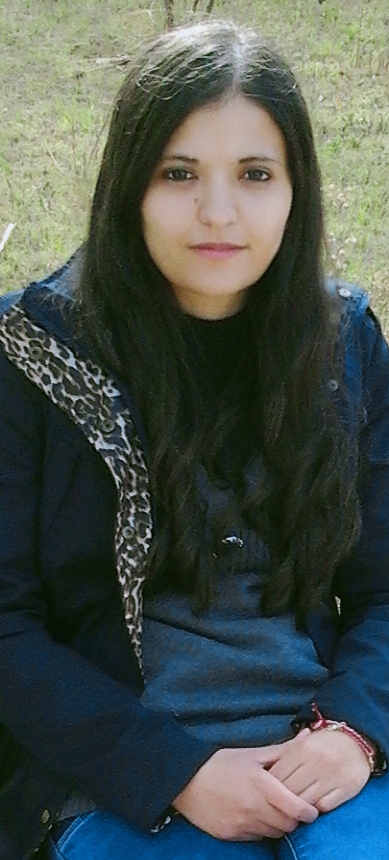I always felt some deep lingering sadness in my father ever since I became mature enough to understand things in life. Having had to start earning money from a very early age, he has always been a hard and a serious worker, and to this day he is constantly impatient whenever he is obliged to have any kind of relaxation. I can still remember vividly the embarrassment and shame he felt as we went through a rough patch when he lost his job, and the only food we had came from some of our charitable neighbors. He was conscious of the hateful way people looked at him in our village, and of the label they gave him as they dubbed him a lazy man and a leech profiting from other people’s kindness behind his back.
I recollect being angry whenever I heard those labels even though I was just a child of ten, and how I wanted to be able to protect my father from anyone who dared insult him. I knew even as a little girl that he tried hard and searched everywhere for a job, and that he is not the kind of man who would let down his family. The faith I had in him may seem blind because of my young age at that time, but the smiles, the gentle caresses, and the warm hugs he gave me and my siblings always assured me I was right. The deep lingering sadness I feel in him though is not because of all the hardships and the suffering he had to endure. It is because of a sentiment of loneliness about him; loneliness he was condemned to experience since his birth. He came to the world and found no father to smile at him, to carry him, to raise him, to be proud of him or just so he could utter the word “father” in calling upon him.
My grandmother was left to take care of my father alone as my grandfather left for France shortly before the Algerian Revolution in 1954. She gave birth to him in very tough circumstances at an old age when she already had two adult daughters. And even though she passed away before he became a young man, was alone in one of the most turbulent times our country was having, she did well in raising him. My father never spoke a bad thing about her nor mentioned any flaw of character she might have had. He indeed told me many great fragments of stories about her whenever I asked about his childhood and family. Yet, he never mentioned grandfather, which is quite understandable. But he doesn’t even talk about what people who knew him before he was gone said about him, or express how much he resents him for abandoning him and grandmother. He just brushes away my questions and instead repeats the same stories about my grandmother. Stories I cherish and feel pride listening to each time but whose accuracy I will never be able to tell. He describes her as a resilient and intelligent woman, who never shied away from taking what was hers. And never failed to confront whatever life threw at her. He told me about the many times she generously cooked for, and sheltered in a very modest traditional Kabyle house of two rooms, “The Moujahidines”—the Arabic name for Algerian revolutionaries—during the revolution. He also told me about a daring incident during which she fearlessly spat on a French soldier’s face. This one always amused me. He narrated with lively gestures and action how she protected him once from flying bullets, when both of them got stranded between a group of Moujahidines and French soldiers at a neighbor’s home. These tales always unfolded over and over whenever I popped the question about my grandfather.
I tried constantly to get father to tell me something about him as I can be a pretty nosy person. I always left empty-handed. Except for one rather unspoken sentiment I would get from him. That of void. But I would never tell him about it. I would just fake unawareness. I would go along and play the fool. Knowing where it came from didn’t give me permission ultimately to trespass the invisible line he has drawn. Why did he never show anger towards grandfather? How did he handle the knowledge that he will never see one of his parents? Or how did he manage to master the pretense of never having a need for a father? These are some of the questions that keep crossing my mind. And the only answer I figured is: years of practice. How could it have been otherwise when you lose every other member of family before you even become a young man? When you grow up in a time of revolution and independence of a country occupied for 130 years? And in a time when showing any vulnerability, whether you were a man or woman, was an unforgivable disgrace. My father learned to be tough, never opening up about the solitude he grew up with. And I learned to hide the pain I feel for him that I know will never dissipate.

Saliha Haddad
Saliha Haddad is a graduate of Anglophone Literature and Civilization who works as a part-time English teacher at a university. She did volunteer interviewing work for local Algerian magazines “Dzair World” and “Ineffable Art and Culture”. And she had recently been accepted into Africa in Dialogue’s internship program as a contributing interviewer for fiction. She can be reached on Facebook at Rey Nole, Twitter @Sallyhad3, and Instagram @ReyNole5.
Photo by Luis del Río from Pexels





